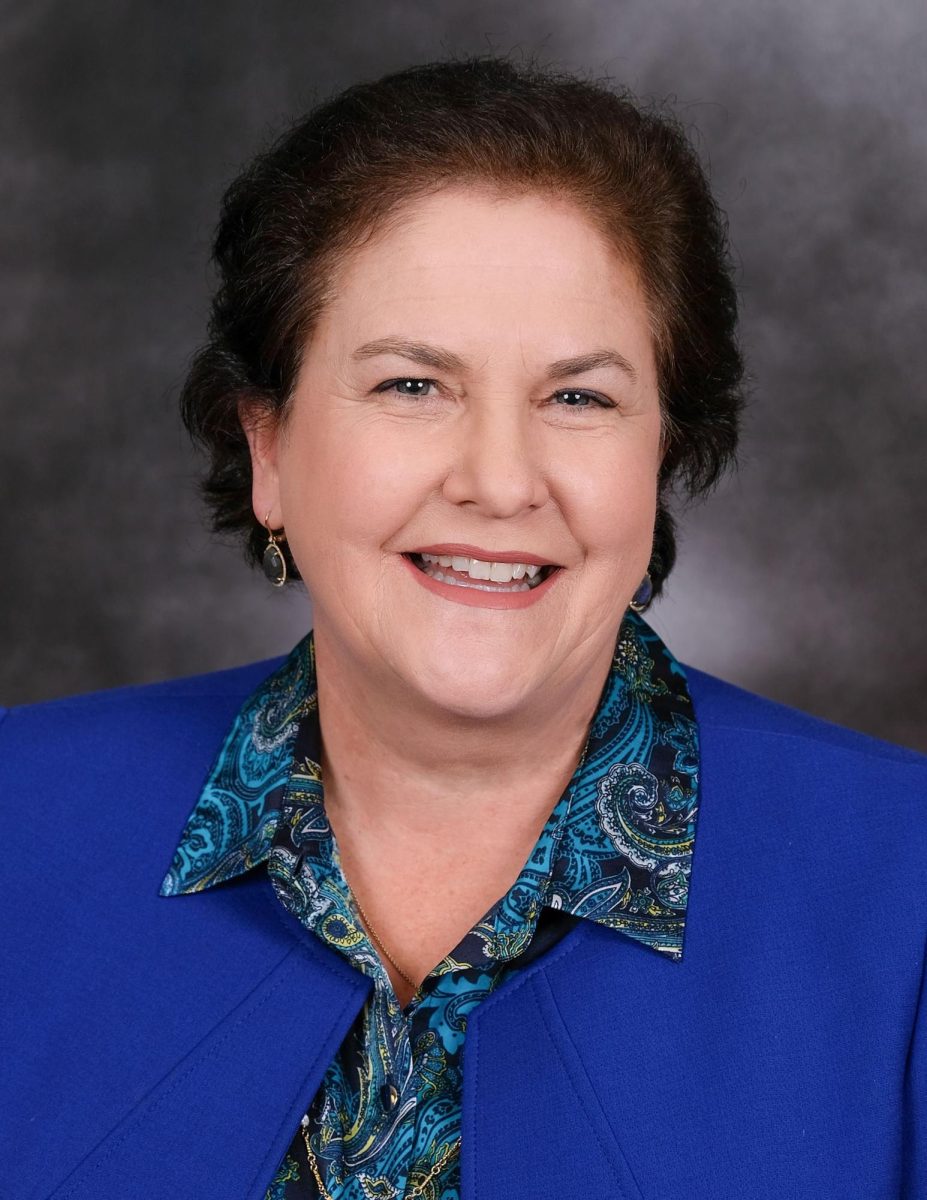Confined within the San Quentin prison’s barbed-wire protective metal fences, are not only violent criminals, but also level I prisoners. Among these level one prisoners are men who are entrusted with a special privilege—taking care of a dog for the Marin Humane Society.
Level I inmate housing is for prisoners who are considered the least dangerous. They are primarily allowed open dormitories with relatively low security.

At San Quentin, these inmates can be nominated or assigned to the firehouse program, which grants them privileges such as living in the on-grounds firehouse as well as caring for foster dogs through the Marin Humane Society’s Pen Pal Program.
Though on duty for a 24-hour basis, not all the firemen live alone. About three to four firefighter inmates at a time are given the opportunity to live with shy or medical foster dogs from the Marin Humane Society who live within their firehouse walls.
“The dogs are there anywhere between two weeks to about six months,” Larry Carson, founder and coordinator of the Pen Pals program said. “Sixty percent of them are medical or surgery fosters sent to San Quentin to recuperate, twenty percent are shy dogs who aren’t good adoption candidates yet and who get one-on-one time there to come out of their shell and blossom, then the other twenty percent come in as puppies.”
For about ten years now, Marin Humane Society’s Pen Pals program at San Quentin has not only given disadvantaged dogs the opportunity to be trained, but has also brought the lessons of patience and higher self-esteem to inmates within the prison.
“If you’re in prison, one, to get to the firehouse is a really good thing. They cook their own meals, they have a lot more free time, they’re not in cells, but to have a dog to relate to when things are not going well, well, you can always communicate with your dog,” Carson said.
Carson began the Pen Pals program of San Quentin after seeing a show on Animal Planet that sparked his interest in the relationship between animals and inmates.
Motivated and determined to act upon his newfound interest, Carson decided to visit a Nevada State Prison with an animal connection program that resembled the one he had in mind.
“The man I worked with at [Nevada State] prison said [the animal program] cut violence by about 30 percent in the prison and changed the whole mood of the prison by having the dogs here [at the Nevada State Prison],” Carson said about his visit.
Shortly after returning to Marin, Carson wrote protocols for bringing the dog program to San Quentin. After sitting on the idea for a while, Carson was able to connect with the San Quentin warden and automatically received permission for bringing the program to the prison.
“[The program] really builds a certain self-esteem. A lot of these guys have never had anything to really be responsible for and take care of, but now they have a dog and they really take that very seriously,” Carson said.
“They get a dog that comes in and they can relate to that dog because that dog is a shelter dog, somebody’s given them up, nobody really cares about them,” Carson said. “[The inmates] come into the program and say, you know, I can really do something for this dog, I can train this dog, I can make this dog healthy. Then it goes back to a loving home, so that really helps with self-esteem in the inmates.”
According to Carson, since the implementation of Pen Pals, about 46 inmates (keeping in mind that the inmates rotate based on length of sentence) and about 250 dogs have been through the program, of which 20 of those dogs have been adopted by prison staff.
“The thing about these inmates is that these guys are all going to get out eventually, so it is our wish, it’s our target, to make them as good of people as we possibly can,” Carson said.





